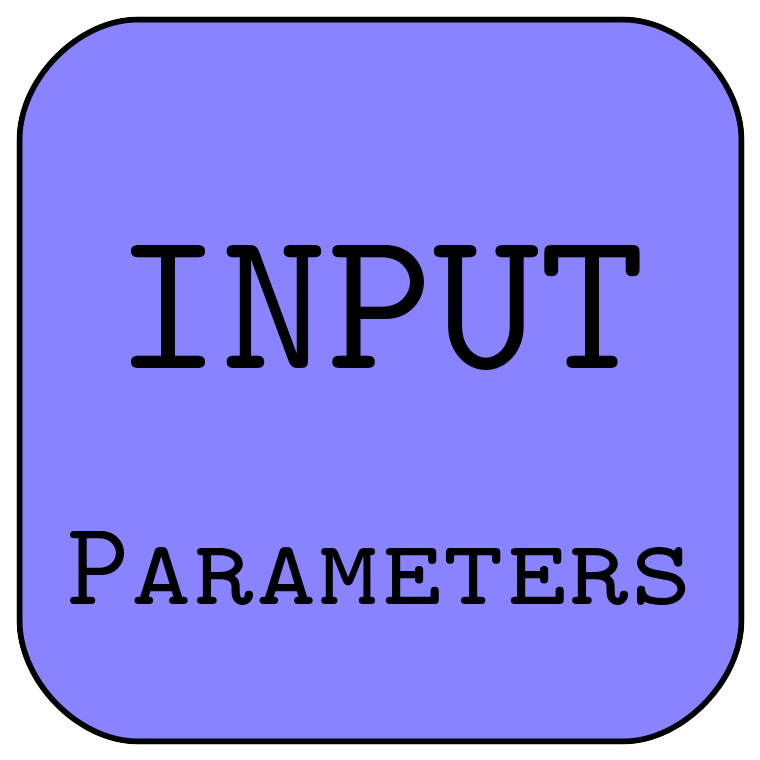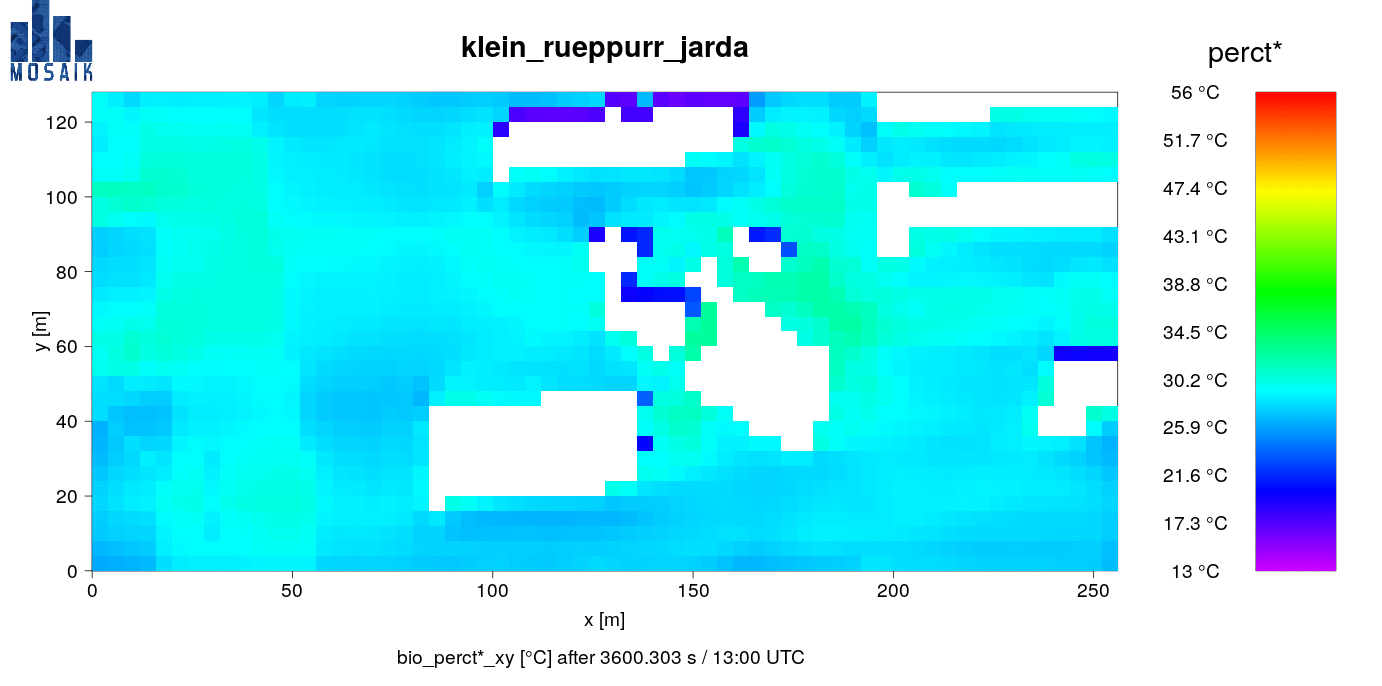Biometeorology module
The PALM biometeorology module (palm/trunk/SOURCE/biometeorology_mod.f90) consists of the two separate module parts "Human Thermal Comfort Module" (HTCM) and "UV Exposure Model" (UVEM).
Human Thermal Comfort Module (HTCM)
The Human Thermal Comfort Module (HTCM) ca be used to calculate thermal indices estimating the thermal perception of humans considering the conditions within the model domain. HTCM supports the two dimensional calculation of there thermal indices:
- Perceived Temperature (perct*)
- Universal Thermal Climate Index (utci*)
- Physiologically Equivalent Temperature (pet*)
All three indices can be calculated based on instantaneous or on time-averaged input parameters. A detailed description about the three indices can be found in the respective publications.
To meet the recommendations of the agent module, an instationary version of the perceived temperature (ipt) has been developed and added to the HTCM to estimate the thermal perception of the agents while moving through the model domain.
Reference
The HTCM is described in more detail in Fröhlich, D. and Matzarakis, A.: "Calculating human thermal comfort and thermal stress in the PALM model system 6.0". Submitted to Geoscientific Model Development (GMD), Special Issue: The PALM model system 6.0 for atmospheric and oceanic boundary-layer flows: model description and applications in urban environments.
This documentation contains several pages:
- INPUT
- List of all namelist parameters that can be used to control the HTCM
- EXAMPLE SETUPS
- Files to carry out example runs using HTCM
- OUTPUT
- Description of all output given by HTCM: files and messages
- CODE STRUCTURE
- Description of the technical implementation of HTCM into PALM
UV Exposure Model (UVEM)
With r3477 a UV Exposure Model has been added to PALM. It can be used to calculate the Vitamin D3 weighted exposure of a human within an urban environment.
This documentation contains several sections:
- INPUT
- List of all namelist parameters that can be used to steer the uv exposure model
- EXAMPLE SETUPS
- Files to carry out example runs using the uv exposure model
- BASIC MODEL
- Description of the basic uv exposure model parameters and equation
- OBSTACLES
- Description of the parameter environmental obstacles (e.g. trees, buildings), which is essential to perform calculations of the human exposure in urban environments
- OUTPUT
- Description of all output given by the uv exposure model
- CODE STRUCTURE
- Description of the technical implementation of the uv exposure model into PALM
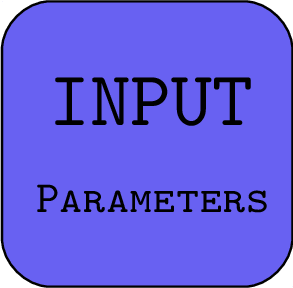

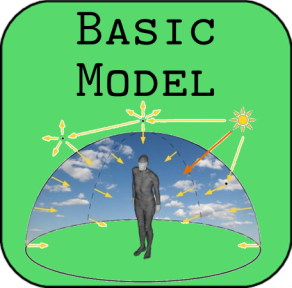
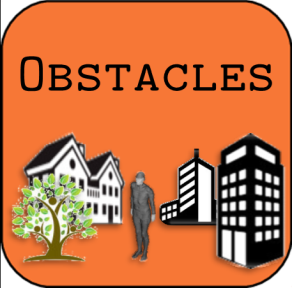


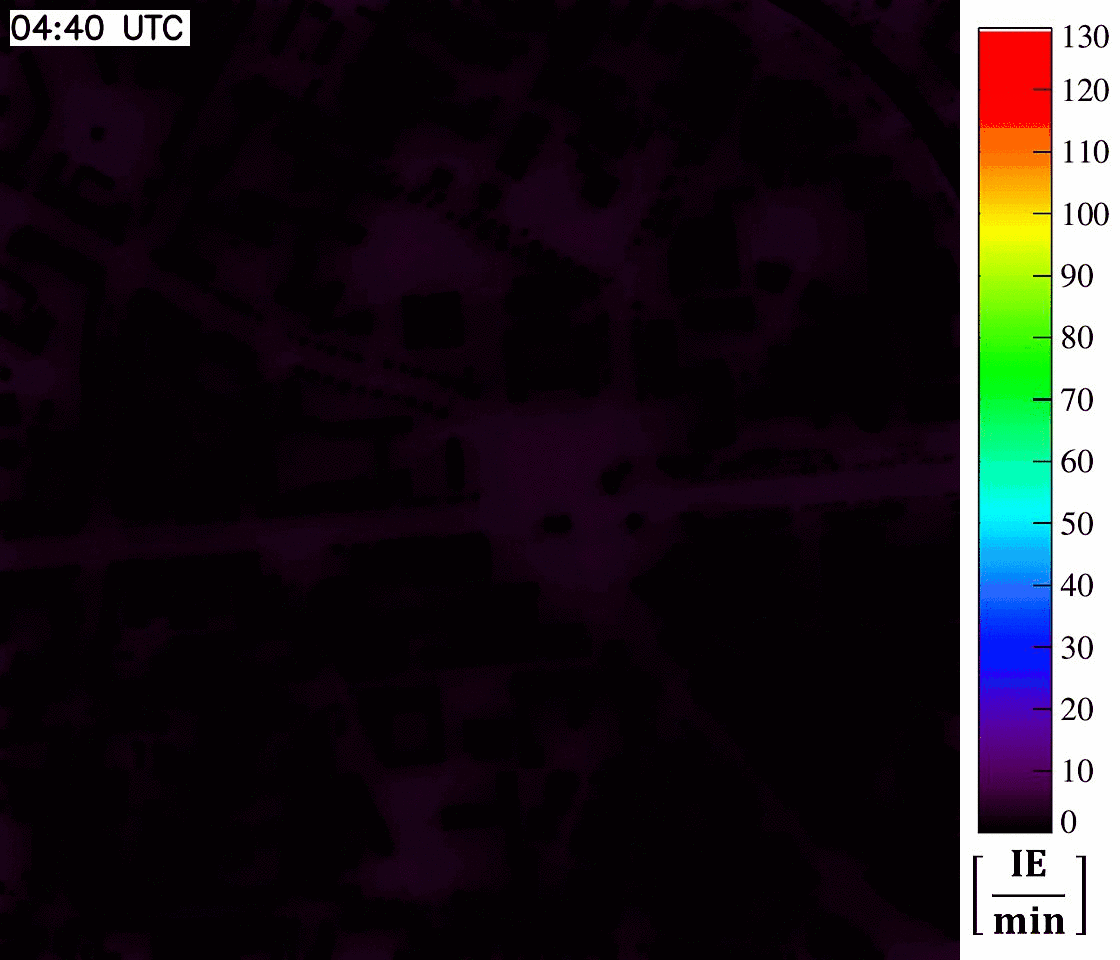
Exposure map for the vitamin D3 production of a human on June 21 (clear sky) at Ernst-Reuter-Platz in Berlin.
The human wears summer clothing (face, neck, arms & hands are exposed) and is always orientated towards the sun.
Attachments (17)
-
r3591_test_urban_farah2_biom_bio_perct*_xy.gif
(1.6 MB) -
added by dom_dwd_user 6 years ago.
perceived temperature for Farah's modified version of the test_urban scenario
-
button_input.png
(52.8 KB) -
added by dom_dwd_user 6 years ago.
input button
-
6_button_output.png
(2.7 KB) -
added by dom_dwd_user 6 years ago.
output button
-
button_code_structure.png
(63.9 KB) -
added by dom_dwd_user 6 years ago.
code structure button
-
button_ex_setup.png
(54.5 KB) -
added by dom_dwd_user 6 years ago.
example setup button
-
r3591_klein_rueppurr_jarda_bio_perct*_xy.gif
(3.0 MB) -
added by dom_dwd_user 6 years ago.
Perceived Temperature for Jarda's version of the "Klein Rueppurr" simulation.
- 1_button_input.png (3.5 KB) - added by maronga 6 years ago.
- 2_button_ex_setup.png (4.0 KB) - added by maronga 6 years ago.
- 3_basicExpo.png (247.1 KB) - added by maronga 6 years ago.
- 5_Obs.png (247.1 KB) - added by maronga 6 years ago.
- 6_button_code_structure.png (6.2 KB) - added by maronga 6 years ago.
- 7_button_output.png (2.7 KB) - added by maronga 6 years ago.
- 7_button_code_structure.png (6.2 KB) - added by maronga 6 years ago.
- 6_button_output.2.png (2.7 KB) - added by maronga 6 years ago.
- uvexpo_berlin.avi (17.8 MB) - added by maronga 6 years ago.
- ExpoBerlin.gif (12.4 MB) - added by maronga 6 years ago.
- Expo_berlin_legend.gif (27.8 MB) - added by maronga 6 years ago.

